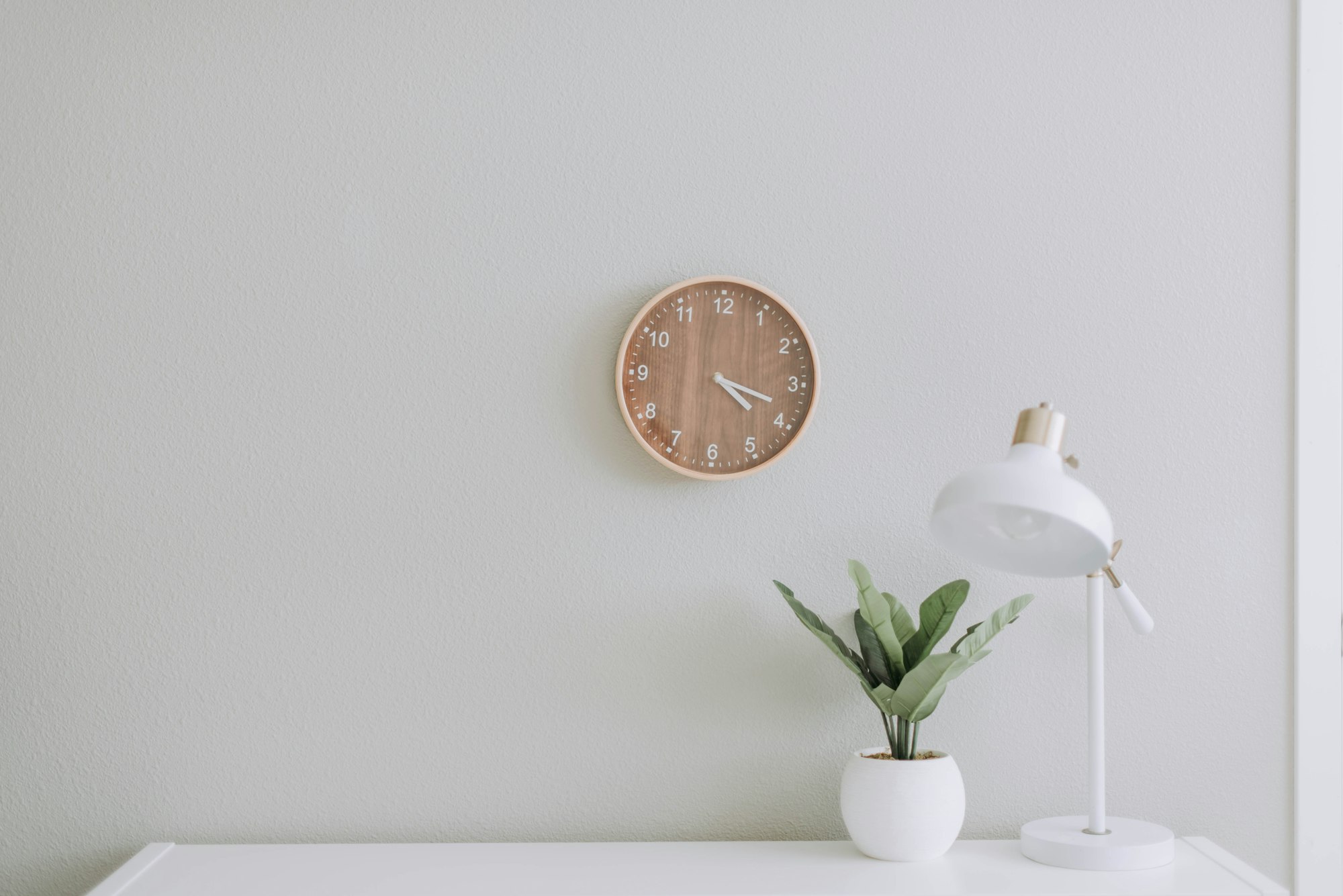It is no secret that COVID-19 has had a significant impact on our lives. From shelter-in-place orders to overwhelmed hospitals to the uncertainty surrounding the disease, this pandemic is causing and likely leading to worsening mental health around the world.
If you are facing mental health struggles during COVID-19, you are not alone. Here are a few tips to help you preserve your mental wellbeing in light of this global pandemic.
#1: Recognize What You Can Control
Right now, the world can feel like a very uncertain and scary place, and this uncertainty can have a severe impact on our mental wellbeing. However, it is important to recognize that many of us cannot control the situation – but we do control how we respond to it.
Focus on what you can do to keep your home healthy and on a consistent routine.
- Keep the house clean and free of clutter – try setting up a chore chart for your kids to get tasks done!
- Start work and school at the same times each day, and schedule in regular breaks to avoid distraction.
- Keep bedtime consistent too. Don’t let the kids stay up too late – and make sure you get enough sleep too.
#2: Exercise Regularly
It’s easy to fall into a routine of staying – and sitting – inside all day, with little to no exercise. Exercise can provide a number of benefits for your mental health, including stress reduction, endorphin production, and alleviation of depression and anxiety.
Create a schedule each day, and set aside at least 30 minutes for moderate intensity aerobic exercise. Aim for at least 150 minutes of this exercise each week. You should also schedule two strength-training sessions in your weekly workout regimen.
If you’re stuck at your home desk all day, make it a point to take an exercise break at least once every hour. Get up, walk around, stretch your limbs, and try a simple, quick exercise, like jogging in place or doing squats by your computer. Just six 5-minute bursts per day adds up to your required 30 minutes!
If you need ideas for COVID-friendly indoor exercises, check out our blog post!
#3: Stay Socially Connected
Social distancing doesn't have to mean social isolation. Locking yourself away from your connections can cause significant harm to your mental health.
Thanks to today’s technology, staying connected with others is easier than ever before – and can be accomplished at a safe distance.
Schedule time in your daily or weekly routine to catch up with friends and family members. Use video calling services, such as Skype or Zoom, to get together and chat as a group. If video-chatting isn’t your thing, send a quick text message to a loved one and check-in every once in a while.
If you need someone to talk to about any anxiety or stress you’re feeling due to the current situation, reach out. Talking to trusted individuals about how you are coping can help reduce stress.
If you feel like you are struggling with your mental health or experience suicidal thoughts, reach out to a mental health professional as soon as possible.
#4: Understand and Tackle Your Mental Red Flags
We all have a cycle of stress that we go through when we are experiencing a stressful event. How you cope with stress is unique to you – you may eat more than usual, struggle with insomnia, or find yourself unable to leave your bed during the day.
Take a moment to think about the physical sensations, thoughts, and actions that you fall into when you experience a stressful event or are having mental health struggles. Once you’ve identified these signs, take actions to remedy them.
- Set a strict bedtime and take steps to improve the quality of your sleep. Avoid screens for at least an hour before bed, invest in a sound machine or sleep mask, and wake up at the same time each morning.
- Assess your hunger before reaching for a snack, and only eat when you are hungry. Are you physically hungry, or are you stressed, bored, or upset?
- Shelter-in-place doesn’t mean you have to stay inside all the time. If you have a backyard, go outside, exercise, and enjoy the sun. If you don’t have an outdoor area, take a walk around your neighborhood for at least 10 minutes each day – just make sure to stay at least 6 feet away from others, and wear a mask if required.
- When you do eat, follow healthy eating patterns by choosing fruits and vegetables, whole grains, and lean and plant-based proteins.
- Set aside 10 to 15 minutes each day for self-care activities. Identify what healthy activities can help you destress, and incorporate them into your daily routine. You can meditate, read a book, take a hot bath, or listen to calming music or your favorite podcast.
- Avoid using drugs or alcohol to cope with your stress – these can exacerbate mental health conditions, and cause long-term health issues.
While the COVID-19 pandemic is affecting many aspects of our lives, you can take control of your mental health. If you experience any thoughts of suicide or feel overwhelmed by your mental health, speak to a medical professional as soon as possible.





